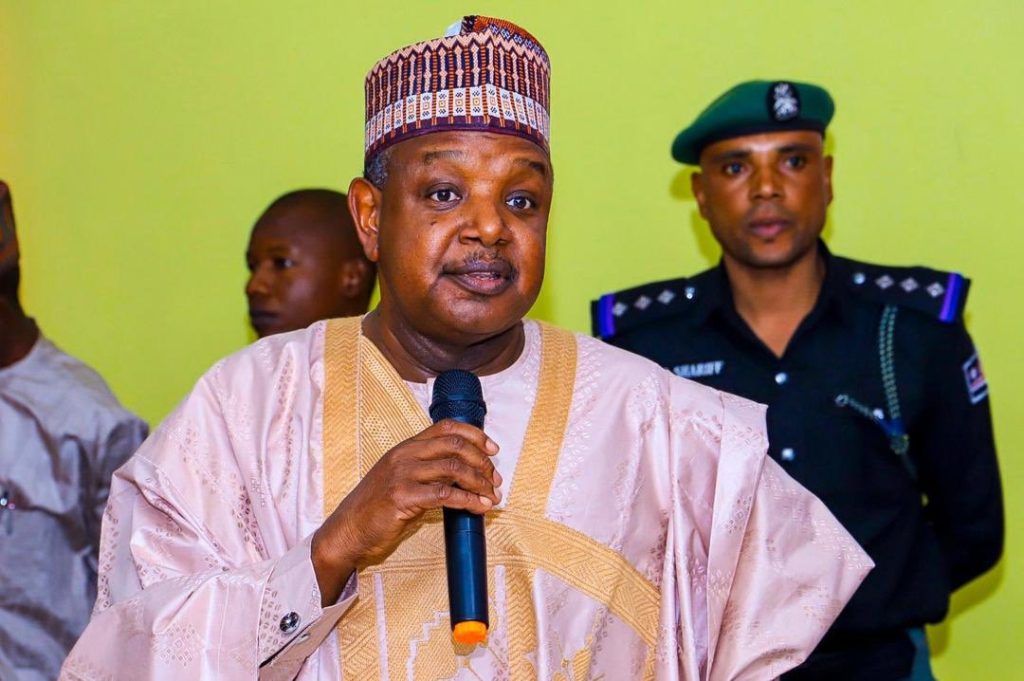
In a recent statement, Abubakar Bagudu, the Minister of Budget and National Planning, clarified that the Nigerian National Petroleum Company Limited (NNPCL) is utilizing the savings from fuel subsidies to uphold the current pump price of the product.
During an appearance on Channels Television, the minister highlighted that the 2024 budget of Nigeria does not include provisions for fuel subsidies.
Regarding the amount saved from the removal of fuel subsidies since June 2024, he explained that NNPCL’s contributions from fuel imports exceed the price at which fuel is sold to Nigerian consumers.
“The crux of the matter lies here. If NNPCL is expected to make significant contributions, they are unable to do so because the funds are being used for fuel imports. NNPCL has the responsibility to ensure energy security, which impacts what they can provide,” he elaborated.
These statements come amidst uncertainties surrounding the government’s payment of fuel subsidies despite their removal back in June 2023, a move that resulted in the pump price surging to over N600 per liter from N238.
Notably, one of the demands of the ongoing hunger protests, labeled #EndBadGovernance, is the reinstatement of fuel subsidies.
The protests, now entering Day 3, are anticipated to continue for 10 days.
Addressing the protesters’ demands, Bagudu indicated that the government is receptive to the voices of Nigerians and is implementing reforms aligned with the public’s aspirations.
When asked if NNPCL had forwarded funds to the Federal Government, he responded, “I do not have that information. The Accountant-General would be better informed. It would be surprising if such remittances have been made.”
“Let’s be realistic, instructing someone to import fuel where the importing cost exceeds the sales price of the product,” he added.
“Under the Petroleum Industry Act, NNPCL is structured as a private liability company with an obligation to ensure energy security. Only NNPCL can accurately state the fuel pricing upon arrival in Nigeria.
“If the fuel is sold below that price, it becomes an issue for NNPCL, indicating that they are incurring losses. Although there is no explicit provision for fuel subsidies, NNPCL is still bearing the brunt of the difference between the import cost and the sales price.
“President Tinubu is attentive to the people’s feedback to drive a shift in our approach.”
It is worth remembering that the Major Energy Marketers Association of Nigeria disclosed that the landing cost of fuel is currently at N1170 per liter, while the selling prices range from N617 to N850 per liter depending on the location.
